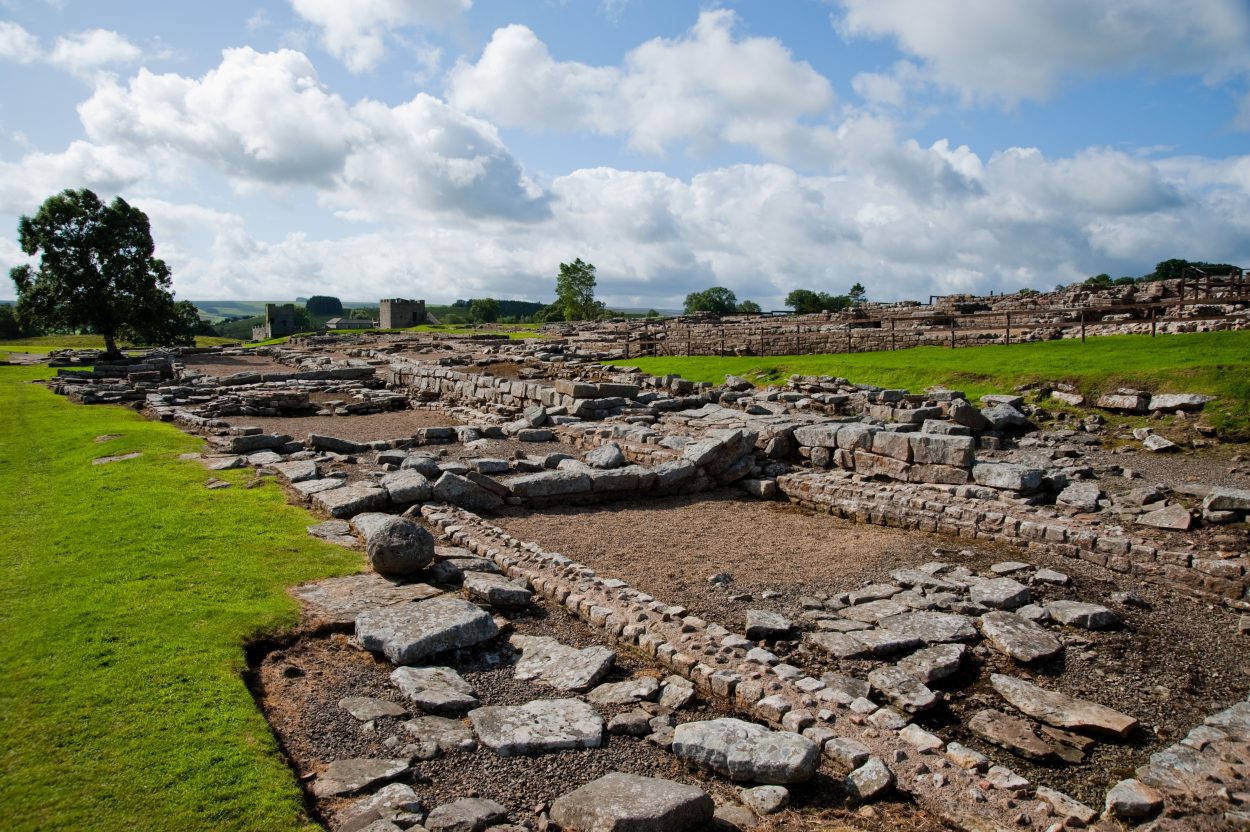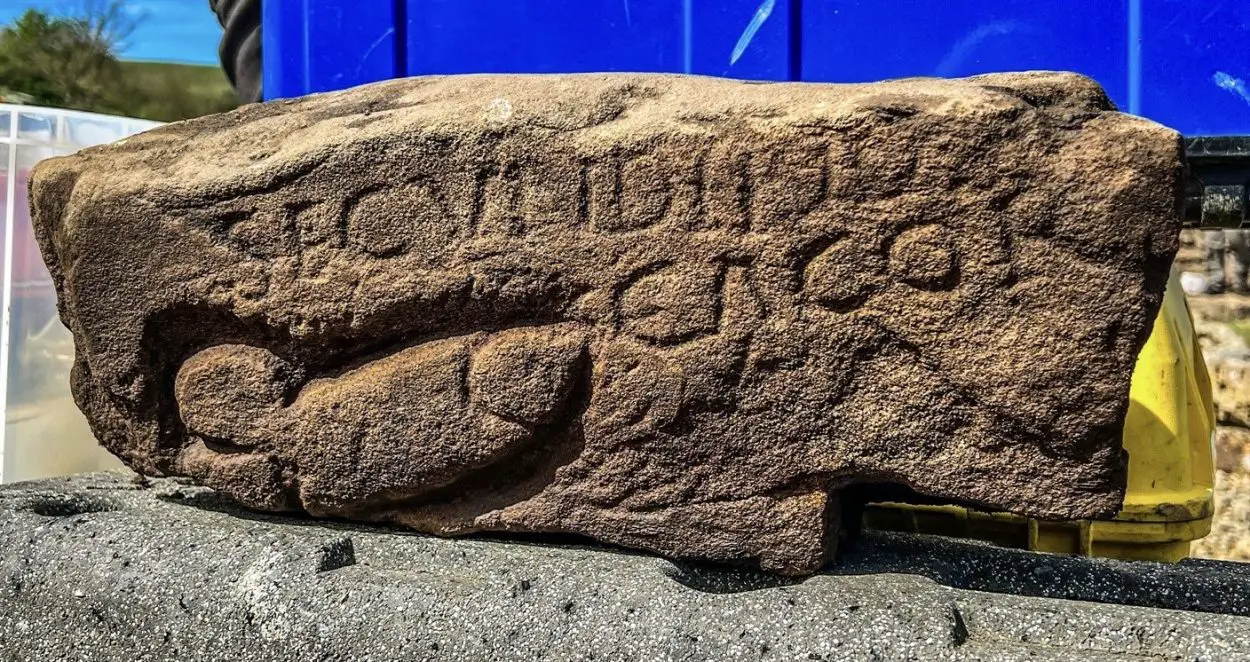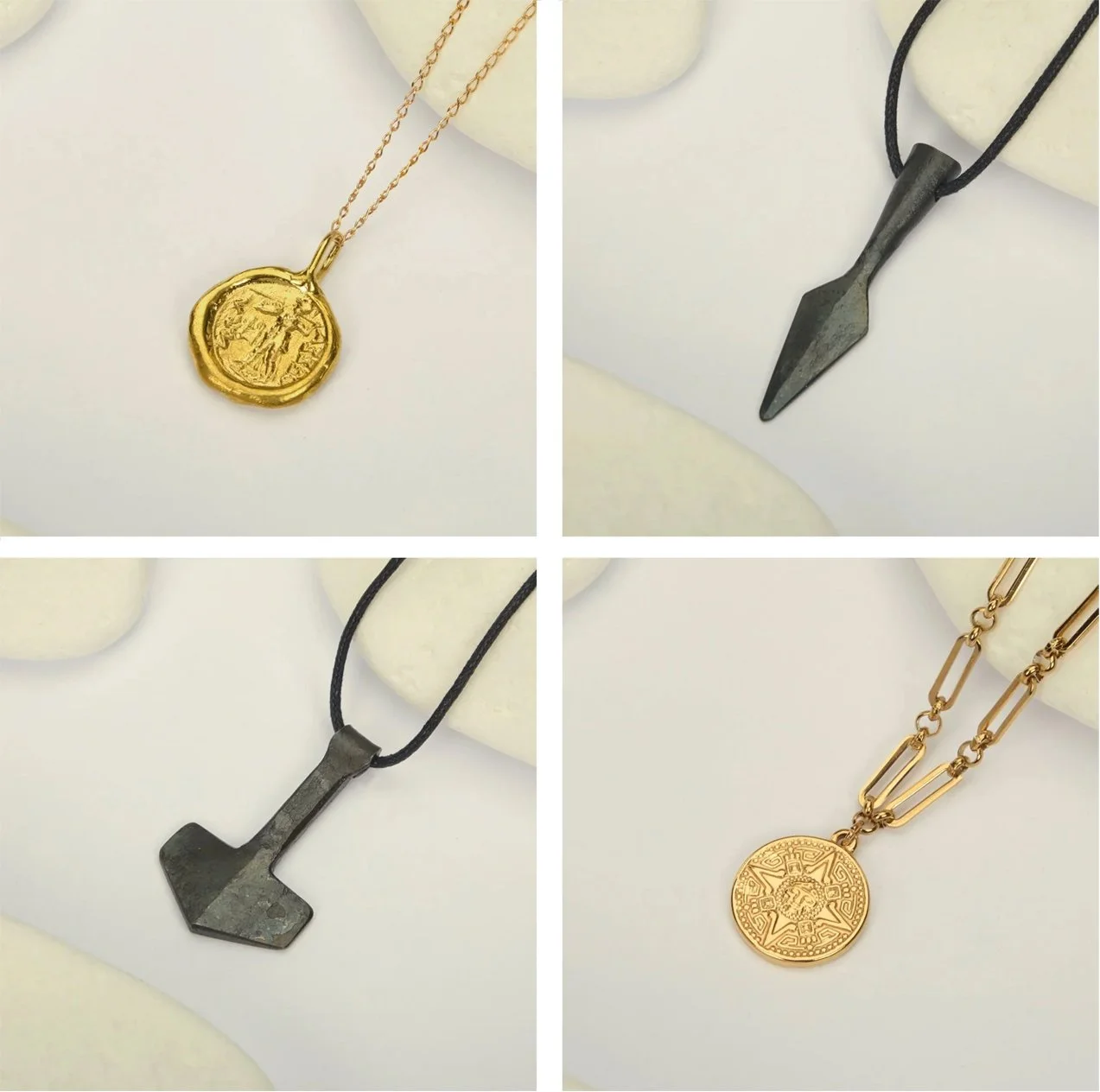Researchers have uncovered ancient graffiti at the Roman fort of Vindolanda in Northern England insulting “Secundinus, the shitter”.
Vindolanda (translated as “white field” or “white moor”) was a Roman auxiliary fort, situated on the fringes of the Roman Empire near Hadrian’s Wall to guard a major highway called the Stanegate.
No less than nine Roman forts were built of timber or stone at Vindolanda from around AD 85 to AD 370, creating one of the most complex archaeological sites in Britain and a unique cultural legacy of frontier life.
Today, Vindolanda is an active archaeological site (open to volunteers), with excavations previously uncovering thousands of perfectly preserved shoes, textiles, wooden objects, and the Vindolanda tablets (the oldest surviving documents in Britain that date from the 1st and 2nd century AD).

The graffiti was discovered by Dylan Herbert, depicting an explicitly carved phallus and the mangled words of SECVNDINVS CACOR, intended as a personal insult to mean “Secundinus, the shitter”.
Dr Andrew Birley, Director of Excavations and CEO of the Vindolanda Trust commented: “The recovery of an inscription is always a great event on a Roman excavation, but this one really raised our eyebrows when we deciphered the message on the stone. It’s author clearly had a big problem with Secundinus and was confident enough to announce their thoughts publicly on a stone. I have no doubt that Secundinus would have been less than amused to see this when he was wandering around the site over 1,700 years ago”.
The Roman phallus is often seen as a good luck charm or a positive symbol of fertility. However, in this case the author has cleverly taken its meaning and subverted it to their own aims. It reminds us that while the Roman army could be extremely brutal, they were not immune to hurling insults at each other.
Header Image Credit : The Vindolanda Trust







